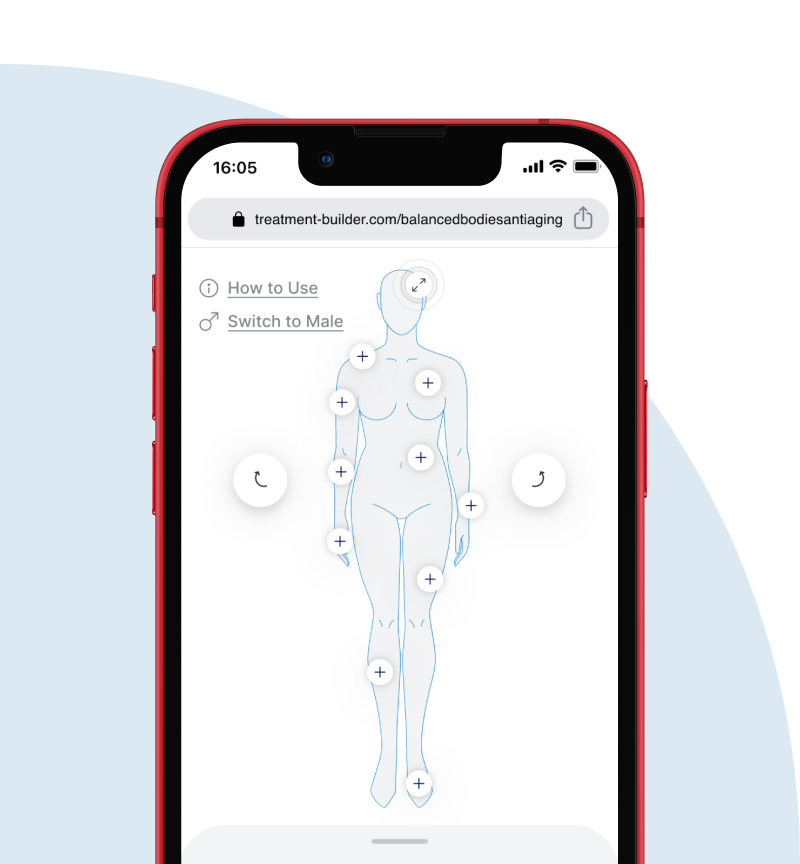
April is Stress Awareness Month, a time to learn more about how stress affects our health and what we can do to manage it. While stress is a normal part of life, too much of it — especially when it goes unmanaged — can slowly take a toll on your body and mind.
By recognizing the signs of stress and understanding how it works, you can take simple but powerful steps to protect your overall well-being.
What Is Stress?
Stress is a normal reaction to everyday pressures, but it can become unhealthy when it disrupts daily functioning. Stress is your body’s natural response to a challenge or pressure. It activates the “fight or flight” system, releasing hormones like cortisol and adrenaline to help us respond quickly to perceived threats. Stress involves changes that affect nearly every system in the body, influencing how people feel and behave.
Short-term or acute stress can be beneficial in small amounts, such as when preparing for a significant event or facing an important deadline, as it provides the energy and focus necessary to tackle the task. However, when stress becomes persistent—whether due to work pressures, caregiving responsibilities, financial concerns, or relationship issues—it turns into chronic stress, which can have serious consequences for overall health.
Common triggers of daily stress include:
- Over-packed or unbalanced schedule
- Work-related stress
- Decreased work-life balance
- Chronic health issues (your own or a loved one’s)
- Unexpected money problems
- Relationship challenges
The Long-Term Effects of Unmanaged Stress
When the stress response stays active for too long, it can strain nearly every system in the body. Over time, chronic stress contributes to serious health concerns — especially by disrupting hormone balance and sleep quality, two critical foundations of well-being. This is why it’s so important to recognize stress early and take steps to reduce it.
Chronic stress can affect:
- Blood pressure and increase the risk of heart disease.
- Immune function by weakening your body’s ability to fight off illness.
- Mental health by triggering symptoms of anxiety disorders, depression, and emotional burnout.
- Hormone balance and sleep: Ongoing stress affects hormones like cortisol and melatonin, making it harder to relax and get good-quality sleep.
How Chronic Stress Impacts Your Hormones
Prolonged stress leads to elevated cortisol, a hormone that helps regulate energy, inflammation, and metabolism. When cortisol remains high, problems with blood sugar and thyroid hormones may occur. Estrogen and progesterone levels can shift in women, affecting menstrual health, mood, and sleep. In men, testosterone levels may decrease, especially in men, which can contribute to reduced energy, lowered libido, and difficulty maintaining muscle mass. These imbalances often result in brain fog, low energy, and difficulty managing weight for both men and women.
How Chronic Stress Affects Your Sleep
Stress also interferes with melatonin, the hormone that supports healthy sleep. As cortisol rises, melatonin drops — making it harder to relax and fall asleep. Poor sleep fuels more stress, creating a cycle that impacts mental clarity and emotional stability.
If left unaddressed, chronic stress may also increase the risk of heart disease and high blood pressure, frequent illness and slower healing, and mood changes such as anxiety and depression.
Take a Proactive Approach to Stress Management
While stress is a normal part of life, it shouldn’t be ignored — and it doesn’t have to take control of your health. Recognizing how stress shows up and taking simple, proactive steps can support hormone balance, improve sleep, and build emotional resilience.
Effective stress-reduction strategies include:
- Eat Balanced Meals. Combining protein, healthy fats, and complex carbohydrates at each meal stabilizes blood sugar, supports hormone regulation, and helps prevent mood swings and energy crashes.
- Regular Movement: Daily physical activity — even a 20-minute walk — may help lower stress hormone levels and boost mood.
- Prioritize Sleep: Strive for 7–9 hours of restful sleep each night by reducing screen time before bed, dimming lights, and creating a calming atmosphere routine.
- Practice Mindfulness: Download an app that offers relaxation exercises, such as deep breathing or visualization, along with tips for practicing mindfulness and actively focusing on the present moment.
- Talk to your healthcare provider if you are experiencing symptoms of chronic stress.
This April, let Stress Awareness Month remind you to pause, reflect, and take meaningful action toward better well-being. Stay tuned as we continue our series on managing stress through movement, nutrition, self-care, and healthcare community connection.
References:
- American Psychological Association. Stress https://www.apa.org/topics/stress. Accessed 4/2/2024.
- Mayo Clinic. Mindfulness Exercises. (https://www.mayoclinic.org/healthy-lifestyle/consumer-health/in-depth/mindfulness-exercises/art-20046356), Accessed 4/2/2025.
- National Health Service (U.K). How to Meditate for Beginners (https://www.nhs.uk/every-mind-matters/mental-wellbeing-tips/how-to-meditate-for-beginners/). Accessed 4/2/2025.
- National Institute of Mental Health (U.S.). I’m So Stressed Out! Fact Sheet (https://www.nimh.nih.gov/health/publications/so-stressed-out-fact-sheet..Accessed 4/2/2025.
- National Library of Medicine (U.S.). Stress and Your Health https://medlineplus.gov/ency/article/003211.htm. Last updated 5/4/2024. Accessed 4/2/2025.
- S. Department of Health and Human Services. Manage Stress https://odphp.health.gov/myhealthfinder/health-conditions/heart-health/manage-stress. Last updated 3/4/2025. Accessed 4/2/2025.


